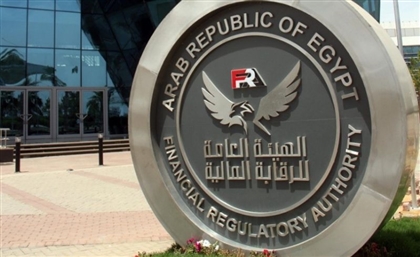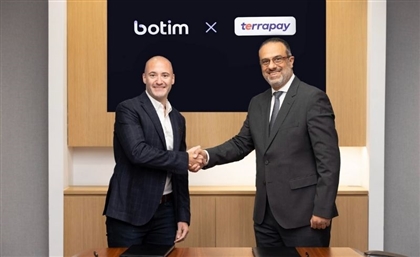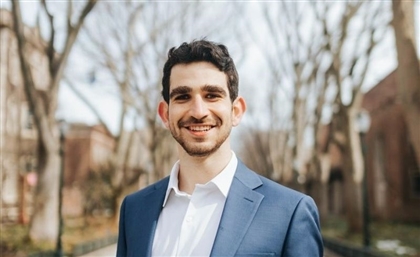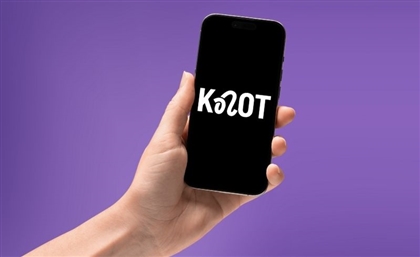Inside Egypt's Brand New Blockchain-Focused Incubator, NU TechSpace
"We aim to teach entrepreneurs about blockchain - the third dimension they haven't worked in before," says Mohamed Gouda, the Incubator Manager at the launch event on April 21st.
Egypt's first blockchain-focused incubator threw a soft opening on Saturday, April 21st, in Nile University's colourful workspace. Under the slogan, "decentralizing the future," NU TechSpace has joined forces with IBM, Novelari, and zk Capital to accelerate business models involved with blockchain and cognitive technology.
In August 2017, Rami Khalil and Omar AbdelRasoul, co-founders of Bitcoin Egypt, the pioneering startup that aimed to introduce the Egyptian economy to blockchain, announced the launch of what would have been the country’s first platform for buying and selling bitcoins. However, their plans were paused for lack of legislation, in the hopes that the Central Bank of Egypt (CBE) would give them the green light soon. But little did they know that in January, the CBE would issue a warning against trading or transacting in bitcoins and other cryptocurrencies, under claims that they were unstable because they were not backed by a government entity or any regulatory authority across the world. The CBE stressed that transactions in the country are limited to currencies printed and accredited by the bank, calling on traders in the local market to be very careful and not to deal in these 'high-risk' bitcoins.
This is when NU TechSpace steps in, aiming to walk the government through the blockchain technology by giving them hands-on experience with established blockchain startups they have incubated. "Decentralisation and the absence of a regulator is something that scares the government," NU TechSpace's incubator manager, Mohamed Gouda, tells Startup Scene ME.

NU TechSpace's incubator manager, Mohamed Gouda, introduces the incubation programme at the space launch.
The applicants will attend product, operational, and human resource management sessions as well as sales and scaling strategies sessions. Out of 34 applicants, 10 startups have been selected for incubation according to the uniqueness of the idea, scalability of the project, prototype, potential market size, market needs, and feasibility of product. NU TechSpace is providing up to EGP 150,000 operational fund for each startup in addition to $120,000 IBM Bluemix Cloud Platform.

Attendees listen to the speakers, as they share their reflections on the bootcamps supported by IBM and Novelari.
Out of the 10 startups, only three were working with blockchain and the rest chose the second path, cognitive technology. However, this was something NU TechSpace was expecting. But after all, with the support of the state-owned Academy of Scientific Research and Nilepreneurs - which is supported by the Central Bank of Egypt, NU TechSpace is helping the government gain a better understanding of blockchain technology, its sophisticated nature, and its capacity to enable an application that enjoys privacy, therefore security, and service lifetime.

"Decentralisation and the absence of a regulator is something that scares the government," says Gouda.
"We have always had this knowledge gap; people didn't have enough technical knowledge and in turn entrepreneurs couldn't build apps the correct way," Gouda says. "To treat this, we started with two programmes to fill in this gap in the market; the first is the cognitive technology development bootcamp, that took place in Nile University - and today we'll distribute the certificate on the graduates. Following the first bootcamp, we launched what might be the first technical development bootcamp in the MENA region, lasting for one month, gathering around 40 developers with three to seven years of market experience, and taught them about blockchain - the third dimension they haven't worked in before."

Photography: @MO4Network's #Mo4Productions.
Photographer: Andrew Habashy.
Trending This Month
-
Jan 19, 2026






















